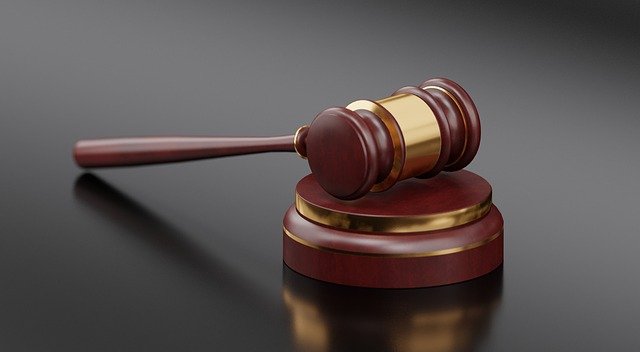Every country had its regulatory commissions monitoring all the business transactions of financial firms, including their data privacy management. Therefore, safeguarding recorded SMS messages and phone calls is also a priority for businesses.
Businesses must abide by the prevailing rules and regulations mandated by the authority, not just for the sake of compliance but also to protect their consumers from data breaches and illegal activities.
In the United States, Securities and Exchange Commission (SEC) Rule 17a-3 obliged businesses to retain, manage, and make communication data available. Companies should keep records of phone calls and messages or else suffer legal consequences.
SEC’s fellow US-based agencies Financial Industry Regulatory Authority (FINRA) and National Futures Association (NFA) are also responsible for assuring member businesses will store calls and chats history.
On the other hand, Rule 29.7 of the Investment Industry Regulatory Organization of Canada (IIROC) mandates business owners to keep their communication records for at least five years, in some instances, seven, since their beginning date because the association will review them soon. Under the rule, companies should also archive their written business communications for two years after production.
The Blue Book made by the Monetary Authority of Singapore (MAS) had various sections defining the rules in recording mobile phone calls and other business conversations and penalties for failure of compliance.
Members of the Financial Conduct Authority (FCA) in the United Kingdom should store track records of texts and calls related to business affairs for seven years.
The traditional recording is time-exhausting and adds a burden to your workforce. Yet, thanks to the advent of WhatsApp call recording and other mobile instant messaging (IM) software paving the way for keeping communication records faster and more efficiently.
For more information, you may refer to this infographic by TeleMessage.

